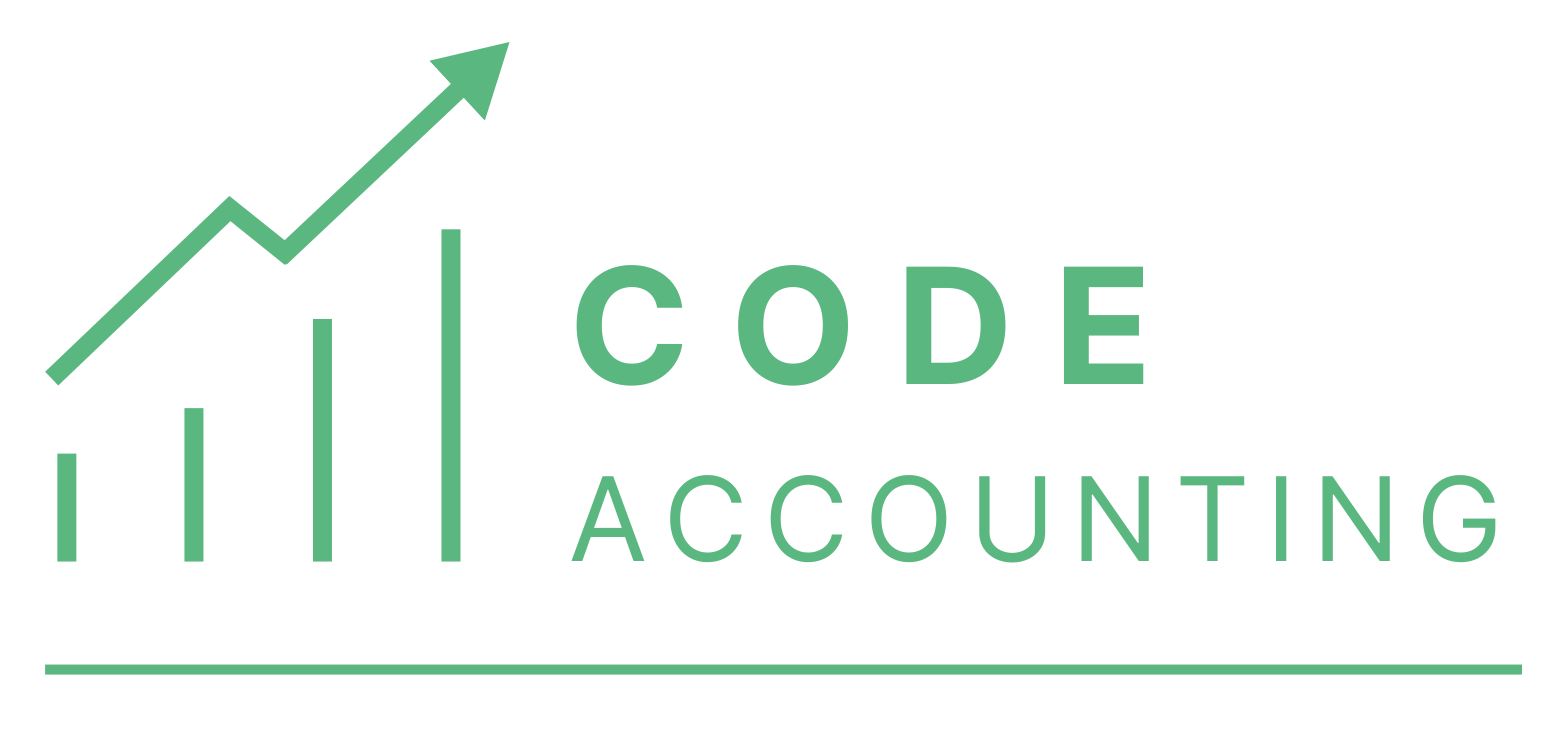If you had the opportunity to receive free money, what would you say? ‘Yes’ would be the rational answer. But an even smarter person would ask: What’s the catch?
When it comes to windfalls, it’s important to know that there are always strings attached. And most of the time, they’re in the form of taxes. If you find yourself suddenly blessed with a windfall, here’s what you need to know:
What qualifies as a windfall?
A windfall is an unexpected influx of funds. For businesses, windfall profits can be a result of changes within the industry, such as new trade policies or price spikes. These profits have not been taxed separately in the US since 1988 because they were quite unpopular, though proposals to reintroduce them have generated heated debates in both Wall Street and Washington. Instead of special excises taxes, windfall profits count as ordinary business income and will be taxed with the rest of the company’s earnings.
Regardless of their tax requirements, profits are considered a liability in financial management. Many businesses also struggle with handling the sudden cash flow and higher expectations from investors.
The same cannot be said of individual windfall gains, however. Most people see windfall gains as free money — and it mostly is — but it also comes with tax implications. Let’s look at three common types of windfall for individuals and how they’re taxed:
• Lottery winnings: There are far too many cases of people squandering away their lottery winnings, but unfettered spending is not the only thing to worry about. Lottery winnings count as taxable income for the majority of US states, with the tax rates varying from place to place. If you hit the jackpot in New York, for instance, you’ll be subjected to one of the highest tax rates for lottery earnings.
• Inheritance and Estate Transfers: Receiving inheritance in the form of cash or property from a deceased relative is also taxable. An inheritance tax is computed based on several factors, including the value of the bequest and the relationship between the benefactor and beneficiary. Only six states currently impose an inheritance tax.
On the other hand, estate taxes are imposed by the federal government and in twelve states. The rate and minimal threshold also vary. Factors including the value of the asset and the benefactor-beneficiary relationship are also taken into account. Receiving a property from a deceased spouse, for instance, is often exempt from estate taxes.
• Employee Bonus Income: The reason your employee bonus isn’t the same amount as promised is the withholding tax. Business Insider reports that bonuses count as supplemental income, which, unfortunately, has a high withholding tax rate. For supplemental wages of more than $1 million, the tax rate is even higher.
What to do with a windfall gain
Knowing the tax implications is the first step in putting a windfall to good use. Large amounts of money can be life-changing for a lot of people, but Marcus highlights the importance of covering these four basics first:
• Debt repayment: Be it your mortgage, credit card bills, or student loans, start by clearing up your debt. This will give you a clean slate from which you can make smarter saving and investing decisions.
• Emergency fund: Having a rainy day fund with about 6-12 months’ worth of expenses already puts you ahead of most Americans. You’ll never know when an emergency comes up, and it’s always a good idea to have a safety net.
• Retirement savings: We all want to retire comfortably at some point. A windfall is a great way to grease your retirement savings with a higher compound interest.
• Expenses: A windfall gain can help you cover expenses, be it as small as utility bills or as huge as college tuition.
Once you’ve covered the basics and you still have funds left over, consider putting it into investments. Market Watch recommends making a lump-sum investment because according to experts, it performs better than taking a gradual approach. Your capital has more time to compound as an investment compared to the time it spends sitting in a low-yield savings account. If you have limited experience with investing, it’s best to consult with investment advisors that can build a diversified portfolio on your behalf. That way, you’ll be able to make smart investment decisions while minimizing risk.
That said, if you want to make the most of a windfall seek out the help of financial experts here at Code Accounting. They are all professionals that are continuously educating themselves with GAAP, IFRS, and IAS standards. Individuals and businesses need updated strategies for managing their cash flow and making smart reinvestments.

Avoid the TurboTax Trap: IRS Audits Surge as DIY Mistakes Pile Up
DIY Tax Filing Could Cost You—Here’s How IRS Audits and Court Cases Are Proving It In the age of Amazon, YouTube tutorials, and unlimited internet access, it feels like you



